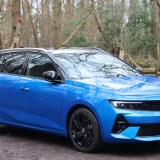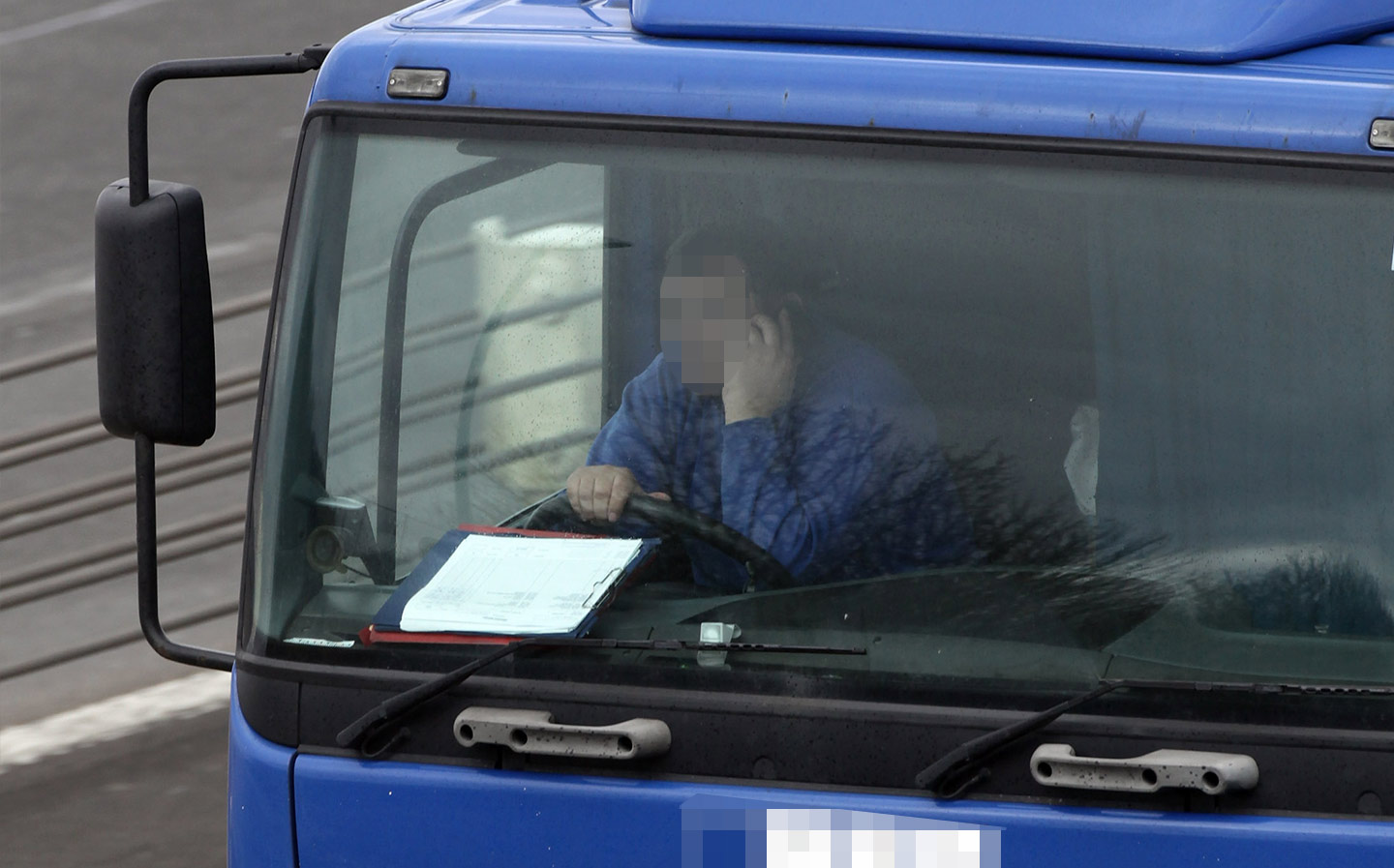Surrey and Sussex police stop 105 drivers using mobile phones in clampdown ahead of law change
Number of people found not wearing a seatbelt also 'alarming'
Police in Surrey and Sussex say they stopped 173 drivers on the M25 in one week, including 105 motorists who were illegally using a mobile phone, as part of an ongoing operation to reduce motorway fatalities.
Officers from Surrey and Sussex’s Commercial Vehicle Unit (CVU) used an unmarked HGV tractor unit — dubbed “supercab” — to detect offending drivers, and included in the 173 vehicles pulled over were 115 goods vehicles of which 43 were HGVs.
In addition to the 105 drivers stopped for mobile phone use behind the wheel, 49 drivers were found not to be wearing a seatbelt.
Over the course of the week, police filed 131 Traffic Offence Reports, issued 11 Fixed Penalty Notices and handed out five court summonses, according to Sergeant Huw Watts who led the CVU team.
“This has been a very productive operation for our officers,” said Sergeant Watts.
“It is always disappointing to see that the road safety message is not being received by drivers on the fastest roads in our counties.
“Despite advances in vehicle technology drivers still feel the need to use their mobile phones while driving for a number of reasons, from texting and checking emails to watching film clips.”
Operation Tramline
Surrey and Sussex Police’s week-long sting formed part of Operation Tramline, an initiative begun in 2014 and run by police forces and National Highways to clamp down on dangerous driving behaviour on UK motorways by both HGV drivers and private motorists.
Since its inception and using the HGV supercabs, more than 24,000 vehicles have been stopped under Operation Tramline for a range of offences.
Of the offences recorded under Operation Tramline, the most common have thus far been:
- not wearing a seatbelt – 7,727
- using a mobile phone – 6,804
- not being in proper control of a vehicle – 1,927
- speeding – 1,378
Of the drivers prosecuted for not being in proper control of a vehicle, one was found to be eating lasagne with a knife and fork while driving a lorry; another was found boiling a kettle on his dashboard; one HGV driver was caught eating from a jar of gherkins while steering with his elbows; yet another was found to be eating his lunch and using a mobile phone at the same time while steering his lorry with his knees.
“Safety is our highest priority,” said Simon Boyle of National Highways. “The Operation Tramline cabs are an important part of our commitment to tackling dangerous driving and those who take unnecessary risks with their own safety and that of others on the road.
“The number of people found not wearing their seatbelt, or using their mobile phone while driving is quite alarming.”
New laws on mobile phones while driving
The operation by Surrey and Sussex Police comes ahead of changes tomorrow (March 25) to laws surrounding drivers’ use of mobile phones in Britain. Until now, drivers caught using their phones for reasons other than talking or texting (scrolling through playlists or taking photos, for example), were subject to a £100 fine and a maximum of three penalty points, thanks to a legal loophole.
With the loophole being closed and laws being strengthened, drivers caught using a phone for any reason other than for navigation (the phone must be secured in a mount) or when paying at toll booths, will now be subject to a £200 fine and six penalty points.
Sgt Watts said: “Drivers should be warned that any interaction with a mobile phone while driving could see them being stopped and dealt with for the new offence.”
Colin Evans, National Highways regional safety programme manager in the South East of England, said: “We know the majority of people drive safely and sensibly but unfortunately a minority of motorists flout the law and put themselves and others at risk.
“Working closely with our police partners in Sussex and Surrey through the use of the supercabs we want to encourage all drivers — whatever vehicle they are in — to think twice about their behaviour behind the wheel and to help us make sure everyone gets to their destination safely.”
Related articles
- If you were interested in Surrey and Sussex police catching 173 drivers in a week-long mobile phone clampdown you may be interested in the lorry driver caught eating lasagne while driving on the motorway.
- Don’t miss our investigation into the most distracting devices for drivers
- And you may also like to read about Australia rolling out roadside cameras designed to catch drivers using mobile phones
Latest articles
- Aston Martin Valkyrie AMR-LMH hypercar hits track ahead of 2025 Le Mans challenge

- Porsche has begun testing the electric Cayenne

- Cupra Leon 272 eHybrid 2024 review: Bigger battery, better tech … but is it a Cupra?

- Porsche 911 GTS 2024 review: Hybrid heresy or more Stuttgart genius?

- Extended test: 2023 Vauxhall Astra Sports Tourer GS PHEV






